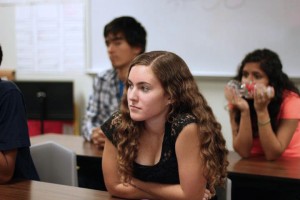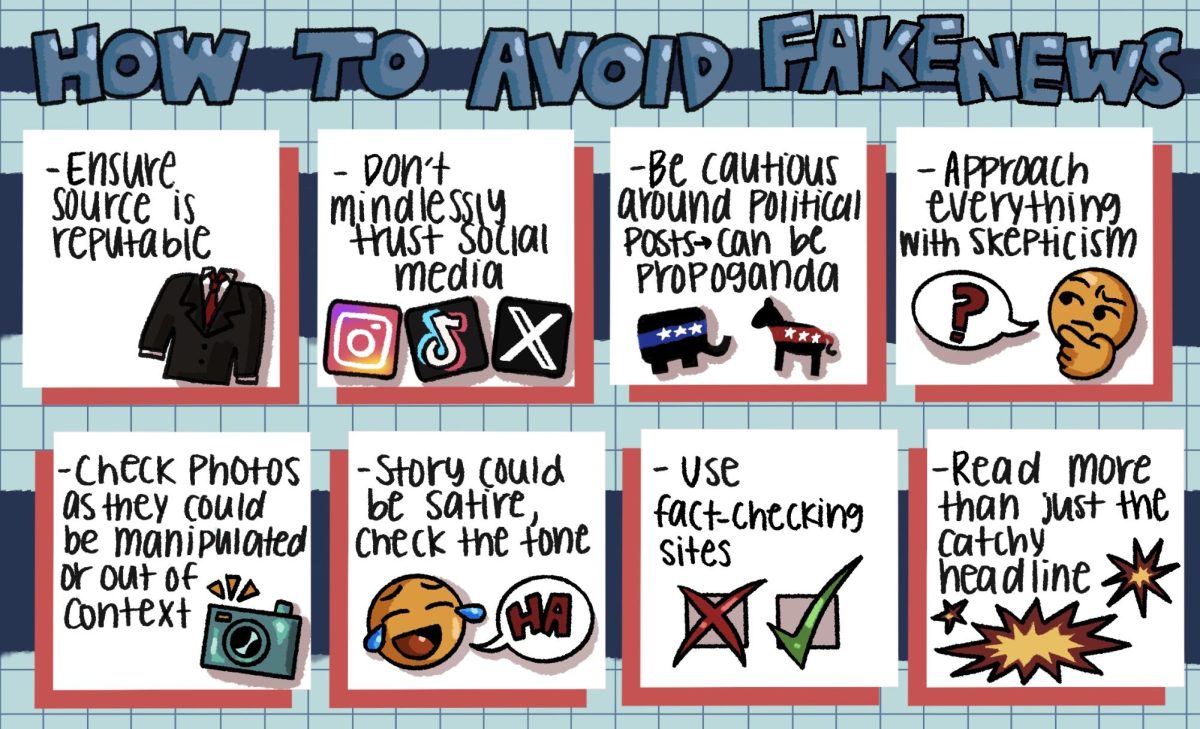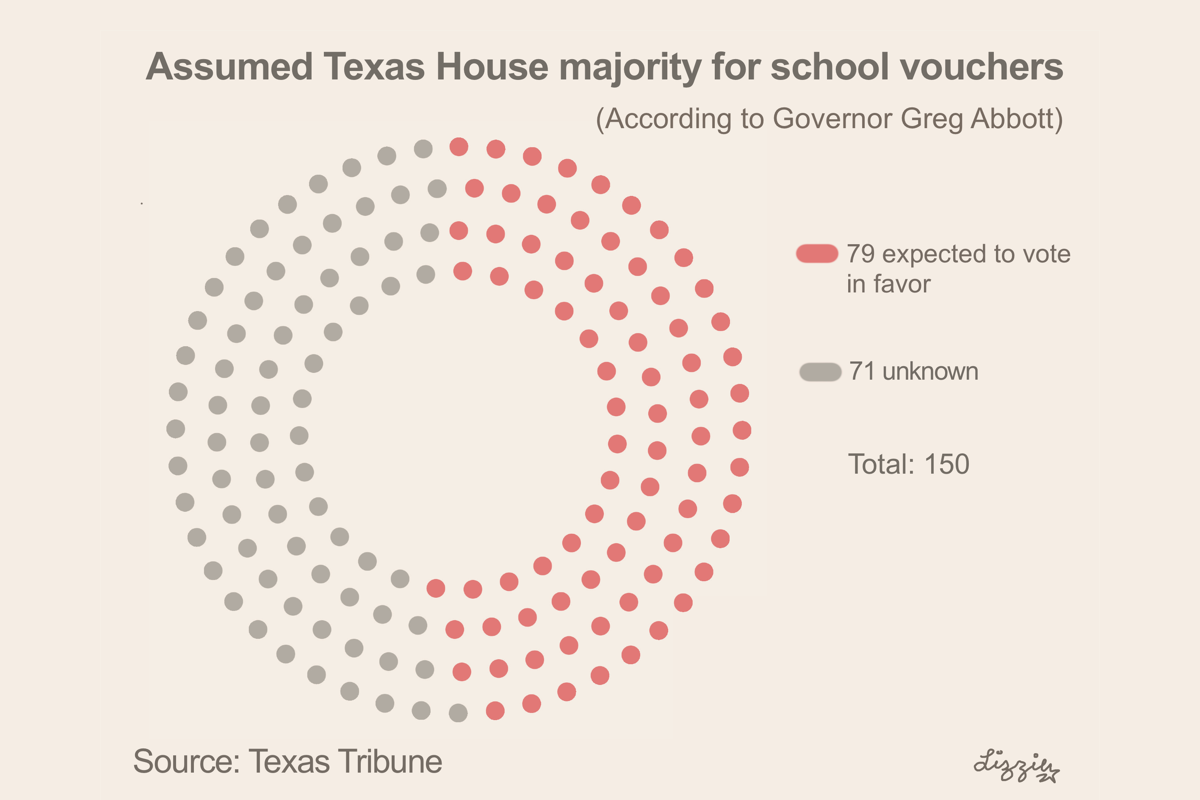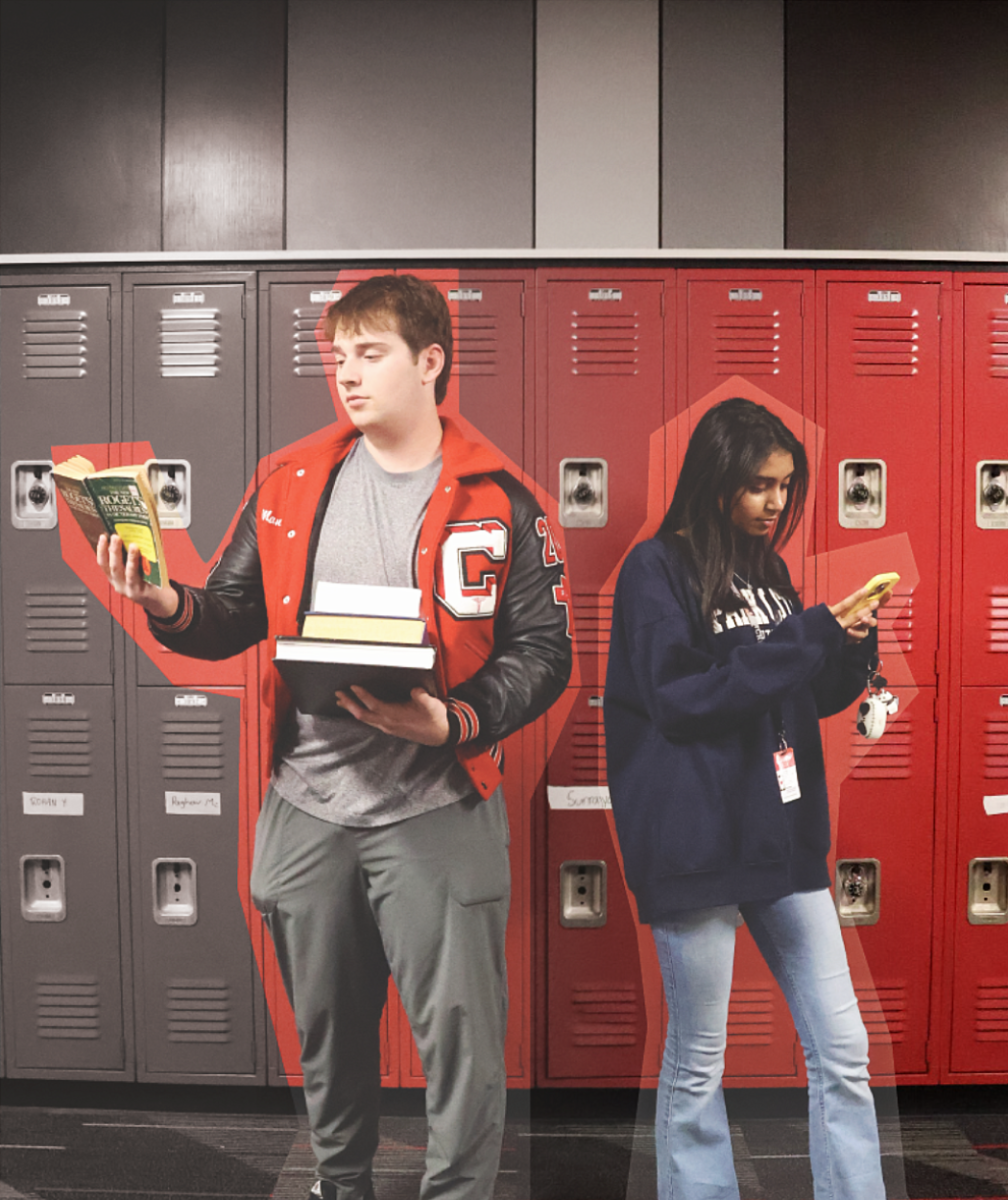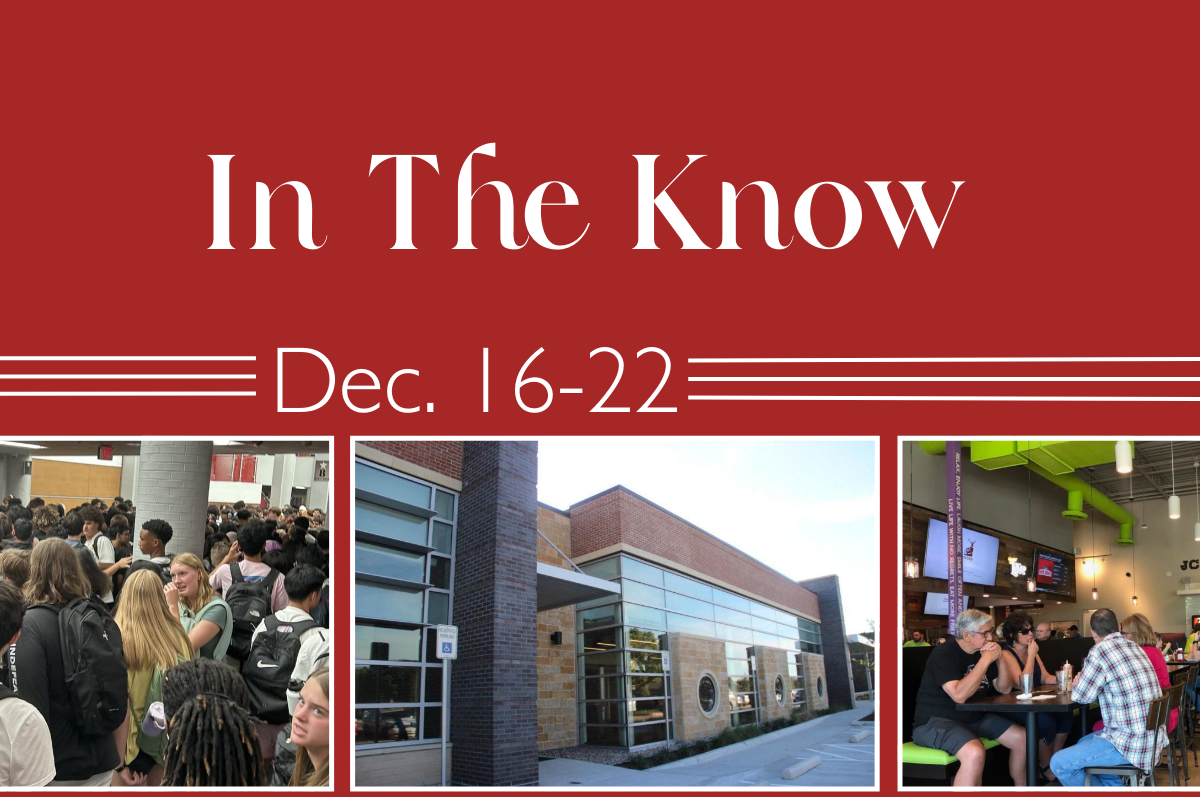The International Baccalaureate (IB) program is one of many friendly, albeit very rigorous, academic associations students have the opportunity to join. Classes designated as IB often involved discussion-based and free response-based curriculum to foster academic initiative.
IB is a two-year program comparable to Advanced Placement (AP) courses in terms of rigor. The curriculum and work involved with the program encourage students to adopt an international and open-minded perspective. Students complete challenging coursework and enroll in intellectually stimulating classes.
“IB requires a lot more work than a single test at the end of the year,” 2011 IB graduate Sydney Kapp said. “Not only do we take multiple tests at the end of two years, but we also have 4,000 word essays, at least three research papers, math projects and a philosophy paper in between. Even though it’s a lot of hard work, it’s very rewarding.”
Over the duration of the two years, students initiate international projects, creative and active challenges and independent research assignments in every subject.
Although students do not enroll in the classes until the junior year, it is advised that students plan their freshmen and sophomore classes accordingly to accommodate which courses they hope to pursue. They will study three or four courses at higher level and two or three at standard level. The course guide offers helpful information on how to develop an IB schedule.
“IB has helped me become a better-rounded student and become more open about sharing my ideas with others,” 2011 IB graduate Jeanne Feng said. “This program has brought about a much more closely-knit learning environment that would not as apparent in an AP classroom setting.”
This program presents the opportunity to expand upon subject areas with an international viewpoint and gain college credit upon attaining the coveted IB Diploma through taking exams at the end of the student’s senior year.
“IB offered a unique perspective on international issues as well as a friendly atmosphere in which I was challenged academically,” Kapp said. “Not only were we able to get college credit, but also leave the school with a different experience than that of most students.”
